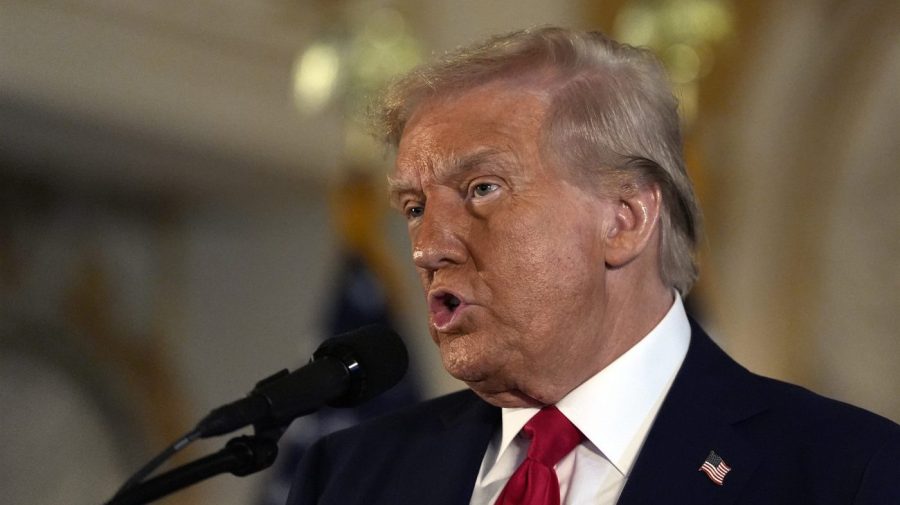Politics
Trump names former CIA official Ron Johnson as ambassador to Mexico

President-elect Trump on Tuesday announced his one-time ambassador to El Salvador, Ron Johnson, would serve as ambassador to Mexico in his upcoming administration. Johnson, who shares a name with the GOP senator from Wisconsin, will take on one of the highest-profile diplomatic posts in the incoming Trump administration…
Read More
Politics
Republicans weigh selling public lands to pay for Trump agenda bill
Congressional Republicans are mulling the sale of some public lands to help pay for a massive bill to enact President Donald Trump’s domestic agenda, according to lawmakers aware of the discussions. House Natural Resources Chair Bruce Westerman said one concept under review would involve selling some lands around Western cities or national parks to build more housing…
Read More
Politics
Johnson digs in against proxy voting, citing House’s ‘integrity’
Speaker Mike Johnson is digging in against allowing proxy voting for the House’s new parents, heightening a standoff with members of his own party that has frozen legislative action in the chamber. “While I understand the pure motivations of the few Republican proxy vote advocates, I simply cannot support the change they seek,” Johnson said in a Wednesday post on X…
Read More
-

 The Josh Fourrier Show5 months ago
The Josh Fourrier Show5 months agoDOOMSDAY: Trump won, now what?
-
Uncategorized5 months ago
Bob Good to step down as Freedom Caucus chair this week
-

 Politics5 months ago
Politics5 months agoWhat 7 political experts will be watching at Tuesday’s debate
-
Uncategorized5 months ago
Johnson plans to bring House GOP short-term spending measure to House floor Wednesday
-
Economy5 months ago
Fed moves to protect weakening job market with bold rate cut
-
Economy5 months ago
It’s still the economy: What TV ads tell us about each campaign’s closing message
-

 Politics5 months ago
Politics5 months agoHow Republicans could foil Harris’ Supreme Court plans if she’s elected
-

 Politics5 months ago
Politics5 months agoRFK Jr.’s bid to take himself off swing state ballots may scramble mail-in voting


